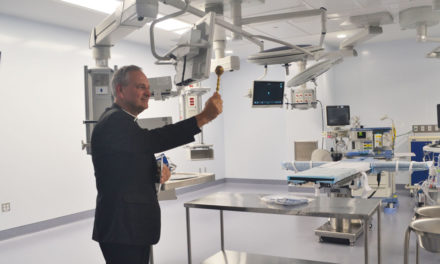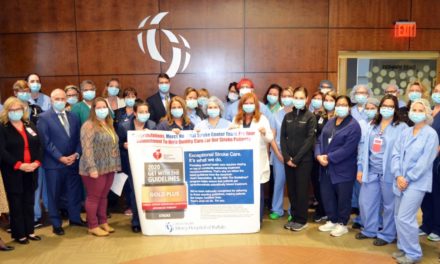April 16th – 22nd is National Healthcare Decisions Week. This is a wonderful opportunity to reflect on the importance of advance healthcare planning.
Why should you have advance directives in place?
Advance directives help make your healthcare treatment decisions clear to friends and family, as well as healthcare professionals. This process puts your healthcare preferences in writing, in the event that you are unable to speak for yourself. These directives also help reflect your values and personal choices.
There are four types of advance directives: healthcare proxy, DNR form, living will, and a MOLST. At a minimum, it is good for everyone to have an identified healthcare proxy.
Healthcare Proxy
The healthcare proxy is a document that declares who you choose to make decisions regarding your care in the event that you cannot speak for yourself. Many people choose a spouse as their healthcare proxy. However, it is important to identify someone who understands your values and wishes, and will follow through with your decisions. In the event that you have not identified a healthcare proxy, the family healthcare decisions act will appoint the closest relative as your legal decision maker.
DNR Form
The DNR form is very specific and tells medical professionals to not perform CPR if needed. A DNR says this and only this: if you are found without a pulse and respiration, medical staff won’t try to restart your heart or breathing with either chest compressions, shocks, other machines or tubes, or medications. The DNR is a choice and is not mandatory. If you do not have DNR in place, your healthcare proxy will make the decision regarding resuscitation.
Living Will
A living will is an advance directive that states your wishes regarding medical care when your ability to make decisions is hampered in some way. The living will is in essence, you speaking for yourself when you are unable to, because of a medical condition. Situations like this may include something like a stroke, severe dementia or perhaps you are in a coma. A living will is a flexible document and helps to reflect your wishes to your healthcare proxy.
MOLST Form
The MOLST form is a comprehensive document that states your wishes regarding life sustaining treatments. The MOLST is for people who are expected to be in the last one to two years of life due to a predictable disease and is filled out in the presence of a medical provider.





